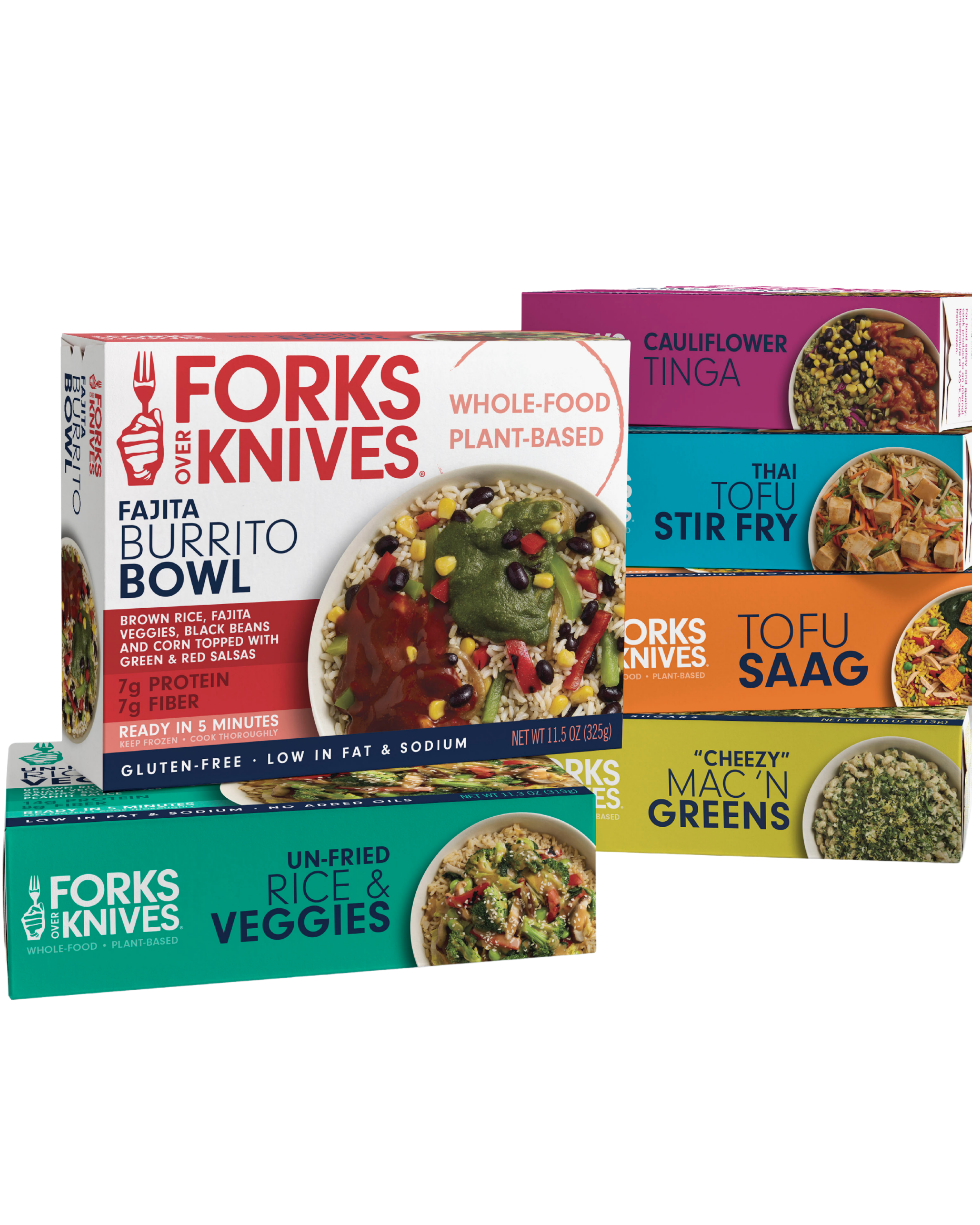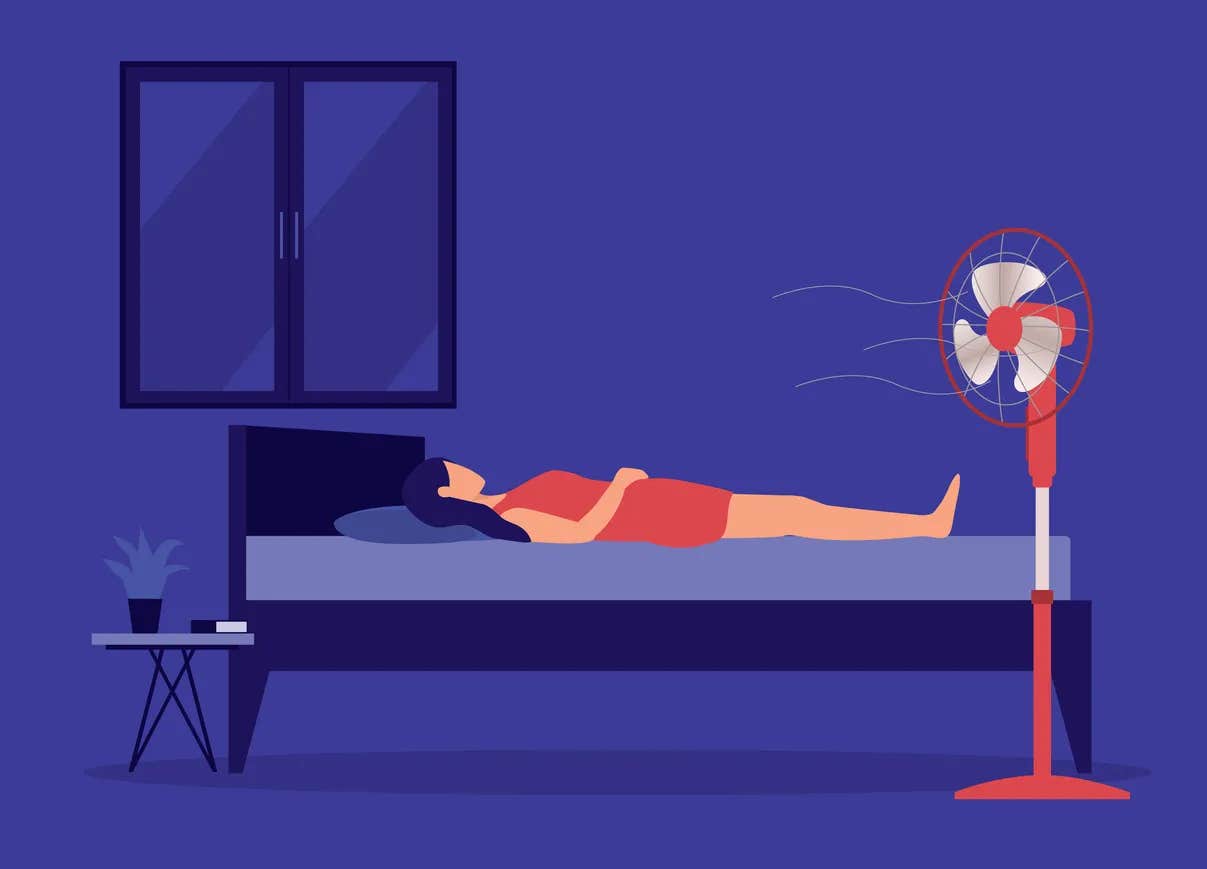Adapted from Reboot with Joe.
When it comes to consuming unhealthy foods and making unhealthy choices, “everything in moderation” is believed to be the key to weight loss success. This can work in some cases, but it can also sabotage your health goals. When we deprive ourselves of our favorite unhealthy foods, we may desire them more. And when the floodgates eventually open and we give in to our cravings, we eat too much, too often.
What Is Moderation?
Moderation is “the avoidance of excess or extremes, especially in one’s behavior.” Is this how we need to eat?
Here’s a common situation people find themselves in:
1. Monday: a creamy latte in the afternoon due to Monday-itis
2. Tuesday: a slice of cake in the office for someone’s birthday
3. Wednesday: a few potato chips on the side of your meal
4. Thursday: a small piece of chocolate as you’re running errands
5. Friday: an ice cream after dinner, because, after all, it’s Friday
6. Weekend: Well, it’s the weekend, isn’t it? So it’s drinks, snacks, and maybe takeout.
It’s easy to view this as moderation because you only had cake once, then only ate chocolate that next day, and of course you can’t say no to your favorite Chinese takeout as your weekend indulgence. This is the sneaky truth of what moderation means to many. But this is no longer “in moderation,” it’s more like a lifestyle choice! You generally don’t think about what you ate two or three days ago, so you forget you already gave yourself that treat.
When it comes to eating in moderation, you should grant yourself a few treats, no more than one to three times per week at the most, and be sure these treats are consumed in small quantities. However, this guideline also depends on your current health.
Why Moderation Might Not Be the Answer
Everything in moderation gives people permission to eat less-nutritious food more often. Frustration then develops, as they view their unhealthy eating as infrequent and don’t understand why they aren’t losing weight or why their health problems aren’t improving.
So, What Are You to Do?
It’s important to classify all unhealthy foods as just that—unhealthy—and make foods from this category something you consume very occasionally, rather than several times over the course of the week. Healthy needs to be our new normal. To support an excellent mood, a healthy weight, and great energy, most of the food you eat needs to be nutritious and promote health.
Foods that contain toxic compounds, artificial ingredients, and empty calories only cause inflammation and stress the normal physiology of the body, so it’s important to keep your consumption of these to a minimum and to maximize your consumption of healthy, nutrient-dense food.
Reward Yourself with “Good”
People often want to reward themselves with unhealthy “bad” food after they have been “good”. This is the normal practice after a diet and will quickly unravel the positive steps forward. When you reach for your weak spots in terms of food, there’s normally an emotional aspect involved, so it is important to find other means to support your happiness. Keep in mind that emotional eating occurs suddenly, is food specific, and persists past an adequate snack or meal. It’s better to reward yourself with non-food-related treats that make you feel good, such as time to yourself, hobbies, a massage, a new book, an early night in, an aromatic bath, or a new outfit—the list goes on.
Love Yourself No Matter What
It’s important to remember that making important health choices for yourself is an act of self-love, nourishment, and kindness. Judging yourself as good or bad neither supports you nor creates success, so it would be more beneficial to make it about how “I show myself kindness and love by feeding myself nourishing and supportive foods!”
And remember, enjoy an occasional treat—just don’t make it an everyday occurrence.
Related News
Get Our Best Price On The Forks Meal Planner

Forks Meal Planner takes the guess work out of making nutritious meals the whole family will enjoy.
Master Plant-Based Cooking!

Our new course features over 100 lessons, 50+ recipes, downloadable guides, and more!
New Frozen Meals!

Introducing our new frozen meals: Doctor-recommended, chef-crafted, & ready in minutes.




